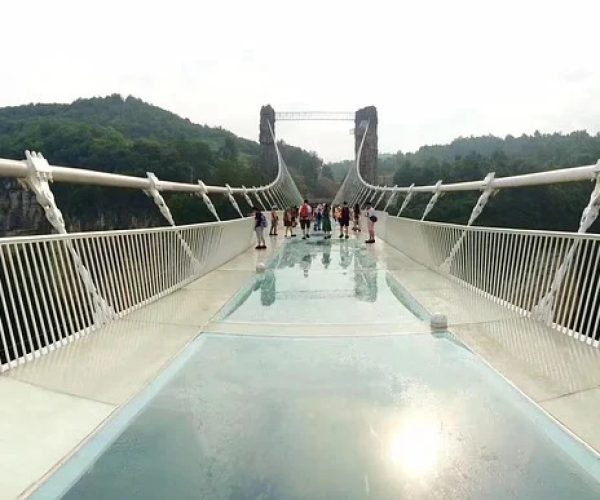By B S Ragav
In today’s ever-evolving business environment, CEOs are faced with the daunting task of steering their organizations through rapid changes, disruptive technologies, and unpredictable market shifts. The role of a CEO has transformed significantly over the years, requiring not only strategic vision and decisive leadership but also a commitment to continuous learning and self-improvement. In a landscape where complacency is a recipe for obsolescence, CEOs must embrace a mindset of perpetual growth to stay ahead of the curve.
The pace of change in the business world is relentless. Technological advancements, global economic shifts, and changing consumer preferences are just a few of the factors contributing to the volatility of today’s market. In such a dynamic environment, the traditional model of leadership, characterized by hierarchical structures and top-down decision-making, is no longer sufficient. Instead, CEOs must adopt a more agile and adaptive approach, one that embraces change as a constant and leverages it as an opportunity for innovation and growth.
Continuous learning lies at the heart of this approach. For CEOs, the journey of self-improvement begins with a commitment to expanding their knowledge base and honing their skills. This involves staying abreast of industry trends, studying emerging technologies, and understanding the implications of geopolitical developments. By cultivating a deep understanding of the forces shaping their industry, CEOs can anticipate challenges, identify opportunities, and make informed decisions that drive sustainable growth.
However, continuous learning extends beyond acquiring domain-specific knowledge. It also encompasses the development of soft skills such as emotional intelligence, communication, and adaptability. In a business landscape characterized by complexity and ambiguity, the ability to navigate interpersonal dynamics, inspire teams, and foster collaboration is paramount. CEOs who invest in their personal development in these areas are better equipped to build high-performing teams, foster a culture of innovation, and drive organizational success.
Moreover, continuous learning is not a solitary endeavor. CEOs must cultivate a culture of learning within their organizations, one that encourages curiosity, experimentation, and knowledge sharing at all levels. This involves creating opportunities for employees to acquire new skills, providing access to resources such as training programs and mentorship initiatives, and fostering a culture of psychological safety where individuals feel empowered to take risks and learn from failure.
Leading by example is key in this regard. CEOs who demonstrate a commitment to lifelong learning inspire their teams to do the same. By actively engaging in professional development activities, whether it be attending conferences, participating in workshops, or pursuing advanced degrees, CEOs signal to their employees that growth is a collective journey, and that everyone has a role to play in driving the organization forward.
Furthermore, self-improvement for CEOs goes beyond professional development. It also encompasses personal well-being and mindfulness. The demands of leadership can be overwhelming, often leading to burnout and diminished performance. CEOs who prioritize self-care, whether through regular exercise, meditation, or time spent with loved ones, are better equipped to manage stress, maintain perspective, and make sound decisions under pressure.
In conclusion, the dynamic nature of today’s business landscape demands a new paradigm of leadership—one that is characterized by continuous learning and self-improvement. For CEOs, this entails a commitment to expanding their knowledge base, developing their skills, and fostering a culture of learning within their organizations. By embracing growth as a lifelong journey, CEOs can not only stay ahead of the curve but also inspire their teams to achieve their full potential and drive sustainable success in an increasingly competitive world.

